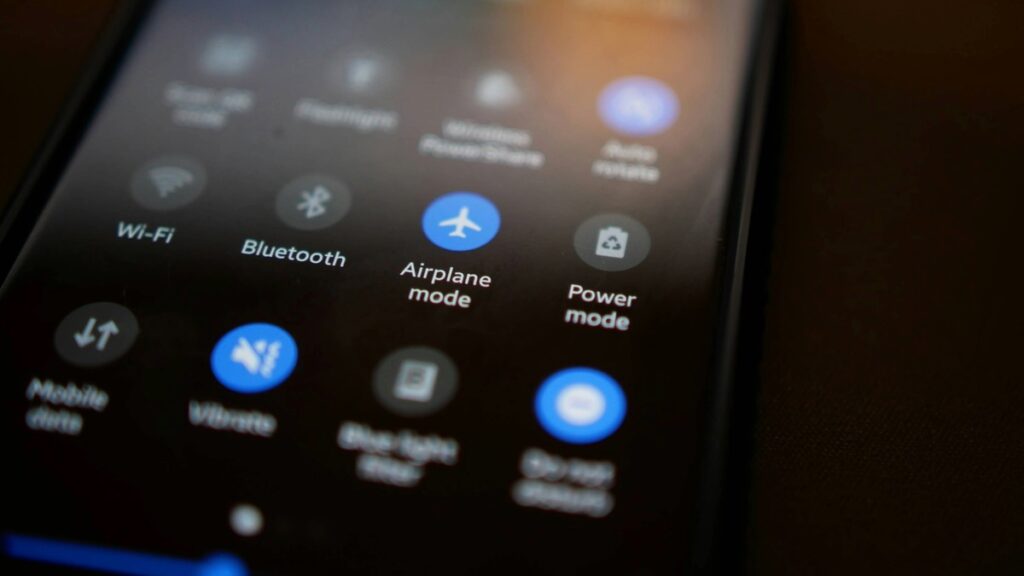In today’s digital landscape, smartphones have solidified their role as essential tools in our everyday lives. From checking emails to navigating busy streets, these devices are inescapable. However, with their convenience also comes a host of privacy and security concerns that often go unnoticed by users. What’s one straightforward measure you can take to safeguard your device and personal information? Turning off your phone’s Wi-Fi when you step out of the house.
A Simple Yet Crucial Habit
You might be wondering, “What’s the big deal? I’ve always kept my Wi-Fi switched on.” Many users maintain this habit, thinking it conserves mobile data or keeps them connected. But here’s the catch: leaving your Wi-Fi on while you’re out can inadvertently jeopardize your device’s security.
Consider this: how often have you assumed you were connected to your home Wi-Fi, only to discover later that you were actually using your mobile data? It’s an easy oversight that most don’t ponder. However, your device incessantly searching for available Wi-Fi networks—whether you’re at a café, gym, or supermarket—may expose it to unnecessary security threats.
The Hidden Dangers of Always Searching for Networks
Modern smartphones are programmed to automatically link up with previously used Wi-Fi networks—a seemingly handy feature. Yet, what many fail to grasp is that this practice can expose your device to potential risks. When your phone is continually scanning for networks, it may connect to unsecured public Wi-Fi without your awareness, rendering it vulnerable to hackers and unauthorized access.
Imagine this: you pop into a local café, connect to their Wi-Fi, and then head to the gym followed by a grocery run, with your phone linking to each new network. This connectivity could mean your location data gets tracked as you transition between these spots. Essentially, the more Wi-Fi networks you engage with, the more information your device could inadvertently share, regardless of your intentions.
Disable Wi-Fi to Protect Your Privacy
The solution is refreshingly simple: turn off your Wi-Fi when you leave home. While you can manage this through your phone’s settings, there’s an additional measure you can take for improved security. Temporarily disabling Wi-Fi isn’t enough; it’s wise to delete older networks that your phone has remembered. This reduces the number of connections your device could attempt to make.
If you’re an Android user, there’s an extra step worth noting. Even with Wi-Fi and Bluetooth turned off, your device might still be searching for nearby networks and devices. To fully cut off this search, head to the “Location” settings and uncheck both Wi-Fi and Bluetooth scanning options. This extra level of diligence ensures your device doesn’t inadvertently broadcast its location while searching for connections.
A VPN: Your Digital Bodyguard
If you plan to utilise public Wi-Fi—whether it’s in a bustling café or an airport—investing in a VPN (Virtual Private Network) is a wise choice. A VPN encrypts your internet connection, creating a protective barrier between your device and potential hackers lurking on unsecured networks. Some smartphones, like Google’s Pixel, even offer a complimentary VPN service, which is a fantastic bonus for security-conscious users.
If your mobile plan isn’t unlimited and you rely on Wi-Fi when outside the home, a VPN is indispensable. It shields your sensitive information from prying eyes as you navigate the web or send messages.
Conclusion: Smart Habits for Better Security
While smartphones have become staples of contemporary life, it remains essential to be vigilant about how we use them. Turning off your Wi-Fi upon leaving home is a minor adjustment that can have profound implications for your privacy and security. Pair that with a VPN, and you’ll be well-prepared to defend your personal data against potential threats.
Though it may seem like an added task, securing your device doesn’t need to be a convoluted process. By adhering to these straightforward habits, you can significantly diminish the risk of exposing yourself to unnecessary vulnerabilities, enabling you to enjoy the advantages of technology without sacrificing your privacy.







